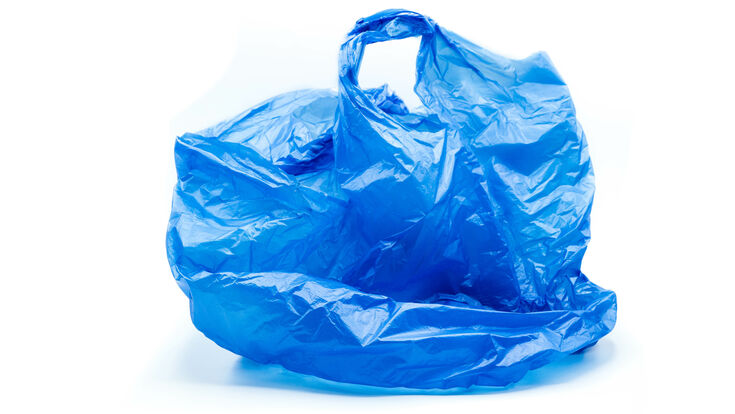Plastic Solution : Tesco to sell carrier bags made from plastic waste

Tesco has introduced carrier bags made from plastic waste to its Eastern European market.
The scheme, which saw the launch of bags rendered from 150 tonnes of plastic waste in Hungary, the Czech Republic and Slovakia is expected to slash plastic bag sales annually by 22 million.
The retailer intends to put ‘closed-loop thinking’, that is, the sustainable use and reuse of materials as a part of a circular economy model, into practice.
In 2020, Tesco reduced its annual packaging footprint by 3480 tonnes. Last year, Tesco was also the first store to introduce soft packaging for its cheese. More recently, in May 2021, the retailer removed soft plastic rings and shrink wrap packaging from its UK beer and cider range.
The choice of region for the launch of the carrier bag scheme appears fitting, considering that the Czech Republic counts among the highest users of microtene bags in the EU. Microtene bags refer to small plastic bags that are used to bag small items such as fruit or baked goods. The fact that in Hungary, it’s not single-use plastics but PET bottles and plastic bags that make up the majority of plastic packaging, renders the country equally suited for the implementation of Tesco’s plastic bag solution.
In the self-same region, the retailer also offers consumers the choice of paper waste bags in the region.
Using paper bags as an alternative does not necessarily make for a silver bullet solution as the cost in energy expended to generate the necessary paper is high. As material thickness is directly proportional to relative ecological impact, paper bags, being thicker than plastic ones, automatically come with a larger ecological footprint.
Considering, for example, the environmental impact of reusable cotton bags, which is indirectly responsible for severe water depletion as well as high pesticide concentrations, a recycled plastic bag scheme in a retail environment makes the most sense.
Plastic bags take up to 1000 years to degrade, with chemical leachates stemming from these bags liable to impact the growth rate of Prochlorococcus, a marine microbe that provides one tenth of the world’s oxygen.
